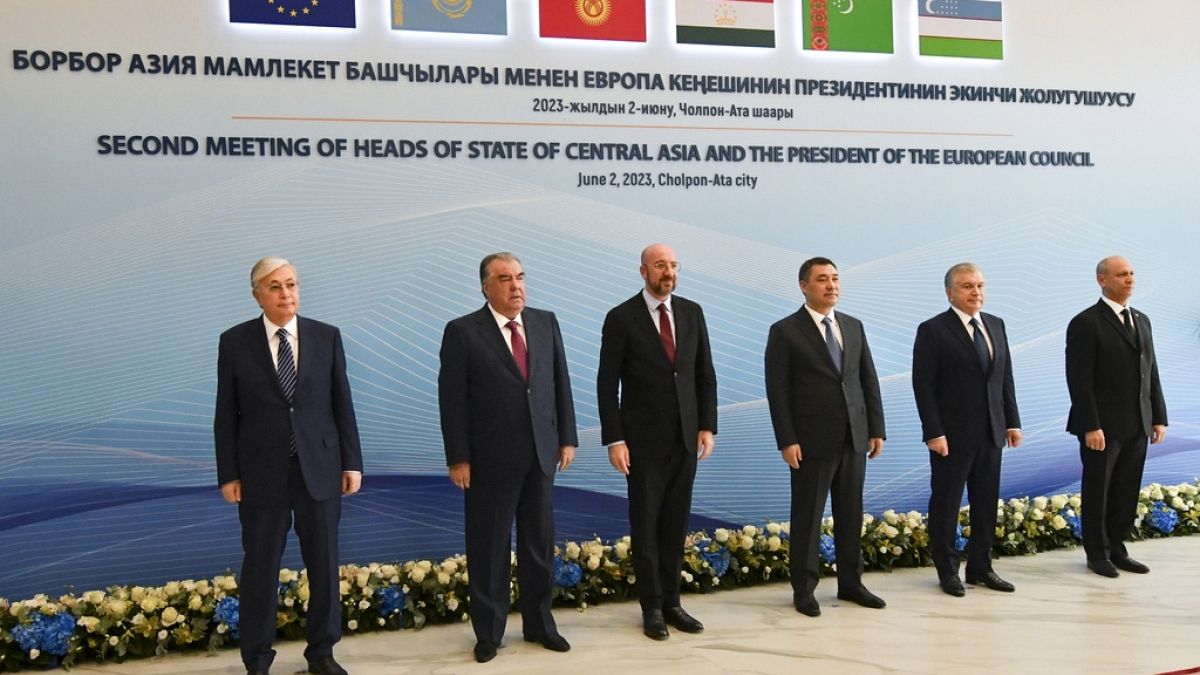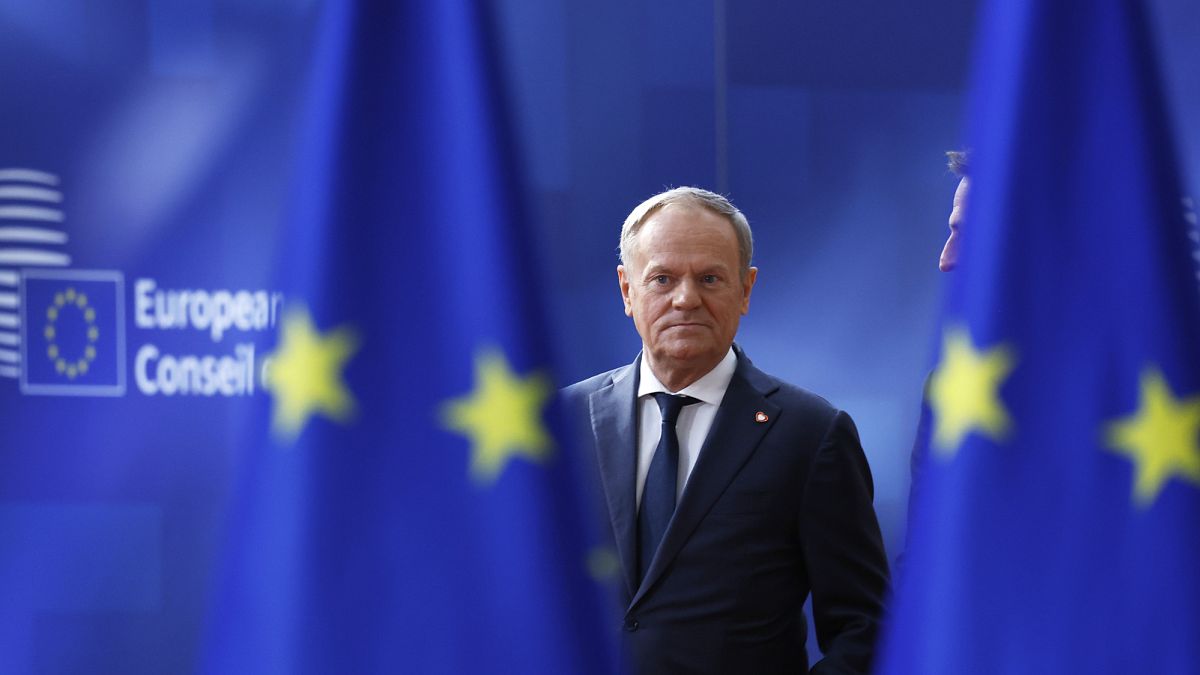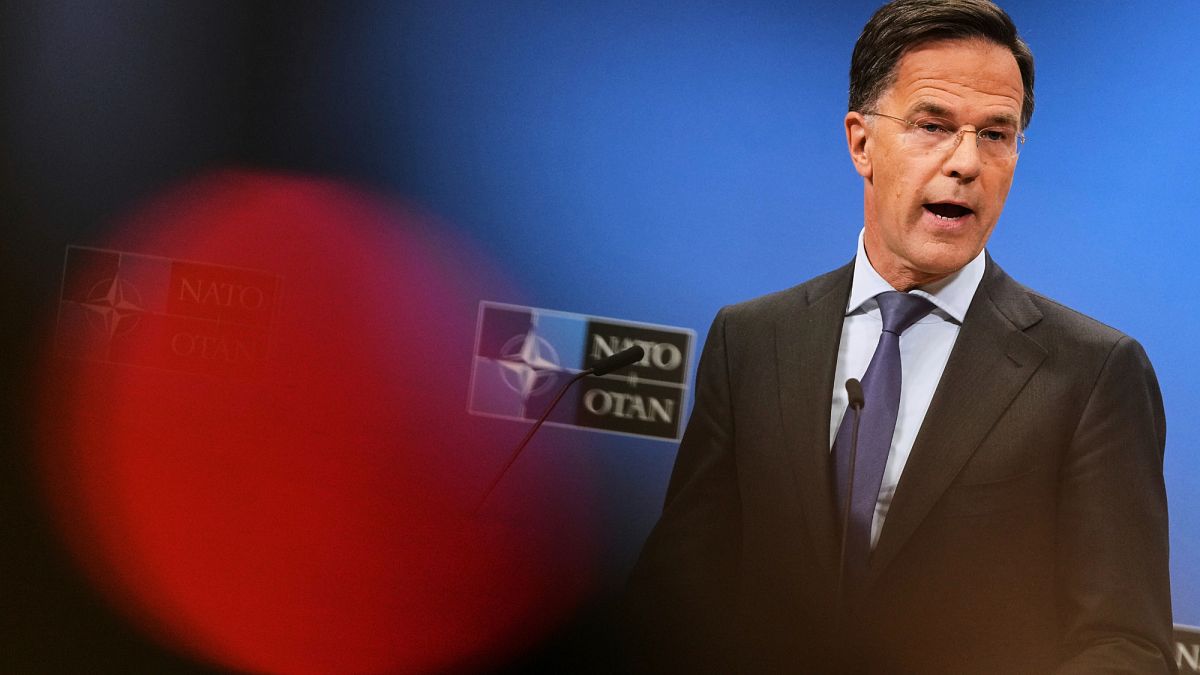The two programmes could face significant budget cuts in 2025 if lawmakers in Brussels approve the proposal.
Erasmus+ and the Horizon Europe research and innovation programme could face slimmer budgets in 2025.
The student exchange programme was first on the line after the Council of the EU pitched a €295 million cut.
"I find this really regrettable because, for me, Erasmus is really a symbol of cooperation, of cultural rediscovery and really of mutual help between people of different nationalities", Maeva Campos Perez, Erasmus+ ambassador in Brussels, told Euronews.
In her view, a drop in funding could prevent some students from going on an exchange and make the selection process more competitive.
"If it hadn't been for Erasmus+, I would never have been able to afford my exchange and discover everything I did during those months of university exchange", explained the master's student in public relations who spent a semester in Medellín, thanks to an Erasmus+ monthly grant of €800.
Founded in 1987, the Erasmus+ programme has enabled almost 16 million young people to study abroad. It has a budget of €26.2 billion for the period 2021-2027, representing an 80% increase on the previous 2014-2021 programme budget of €14.7 billion.
Horizon Europe to also take a hit?
The Council of the EU is also proposing to allocate €400 million less to the Horizon Europe research and innovation programme in 2025 than was initially planned by the European Commission.
Research stakeholders fear that this funding freeze will negatively impact innovation and competitiveness in Europe.
"If Europe is to have a place that works in the real world, we have to be very demanding when it comes to competitiveness. And innovation without competitiveness cannot be real," Susana Garayoa, head of institutional relations with the EU at Zabala Innovation, told Euronews.
However, she pointed to other complementary funding sources, such as the Innovation Fund and the European Hydrogen Bank auctions.
With a budget of €95.5 billion from 2021 to 2027, the Horizon Europe programme aims to fund research in the EU, support ecological and digital transitions, and stimulate competitiveness and growth.
The Council of the European Union wants to reduce this expenditure, particularly to give priority to support for Ukraine and reimbursement of the recovery plan set up to deal with the economic shock of the COVID-19 pandemic.
For its part, the European Parliament is expected to fight to maintain this funding.
"This is typical. The European Parliament is always trying to make the most of the budget and the European Council is always making cuts. For us, this is a mistake", said Garayoa.
After a plenary vote on Wednesday, MEPs will have to agree with the Council to finalise the bloc's budget before the end of the year.

 5 months ago
57
5 months ago
57






 We deliver critical software at unparalleled value and speed to help your business thrive
We deliver critical software at unparalleled value and speed to help your business thrive






 English (US) ·
English (US) ·